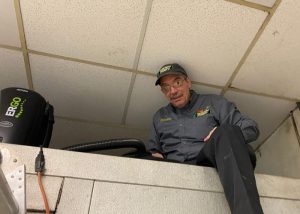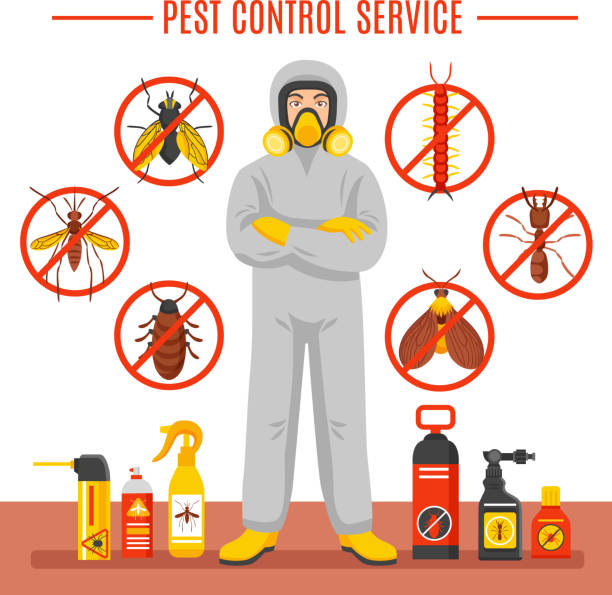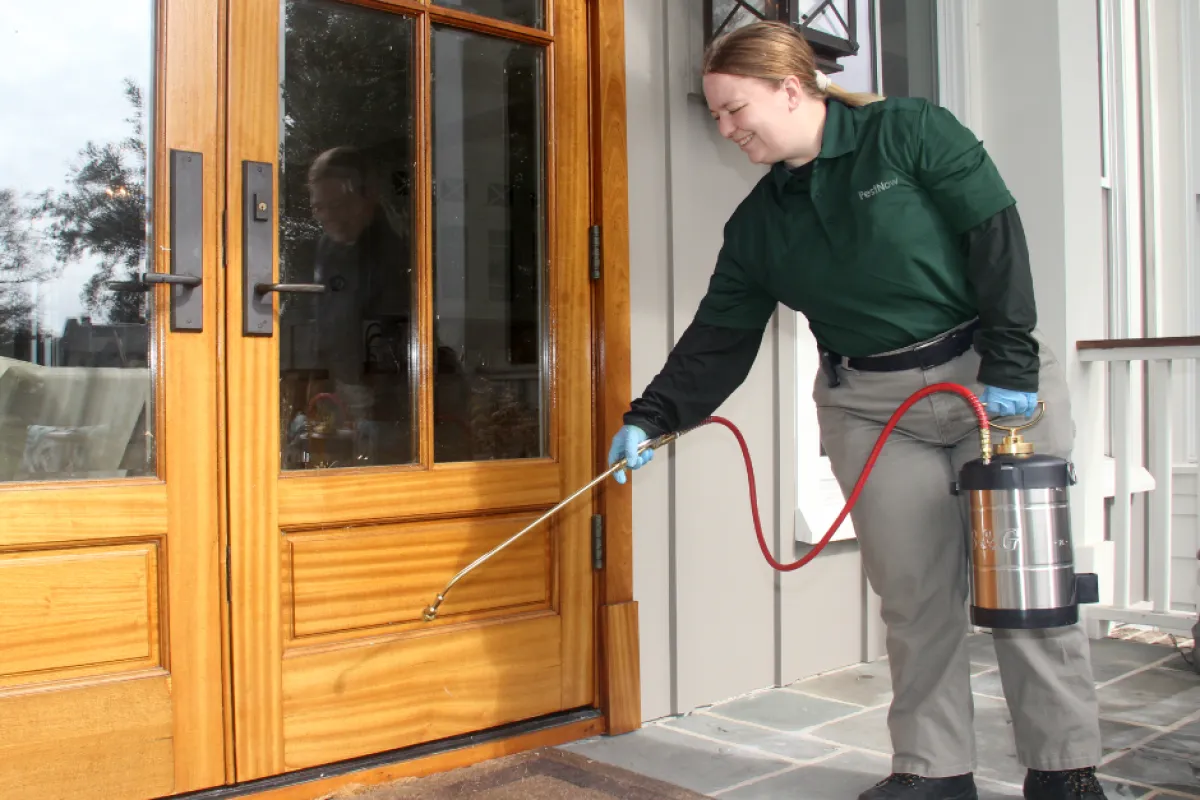Efficient Pest Control in Port Charlotte to prevent infestations year-round.
Efficient Pest Control in Port Charlotte to prevent infestations year-round.
Blog Article
Checking Out Innovative Techniques and Products for Reliable Bug Control
The landscape of parasite control is developing, noted by the appearance of cutting-edge strategies and items made to boost effectiveness and sustainability. From clever catches outfitted with innovative tracking systems to biological approaches that use natural killers, these innovations provide a paradigm change in exactly how we approach pest administration.
Smart Traps and Monitoring Solutions
Just how can contemporary innovation improve pest administration? One considerable innovation is the growth of clever traps and monitoring systems, which offer real-time information and analytics for reliable pest control. These systems use sensors and wireless technology to identify pest activity, signaling home supervisors and bug control professionals to problems before they intensify.
Smart catches are equipped with features such as lure stations that bring in pests and record them effectively. These traps can be monitored from another location, allowing for timely interventions and lessening the demand for considerable chemical applications. Moreover, the integration of device knowing formulas allows these systems to set apart between target parasites and non-target types, improving the precision of insect control actions.
Furthermore, the data collected from smart catches can be assessed to recognize patterns in insect behavior and environmental aspects adding to infestations (Pest Control in Port Charlotte). This information is vital for creating targeted insect monitoring approaches tailored to particular atmospheres. By accepting clever traps and monitoring systems, bug control professionals can improve their functional efficiency and lower the ecological effect of bug management, eventually causing much safer and more sustainable techniques in the sector
Organic Parasite Control Methods
Utilizing all-natural predators and parasites, organic bug control approaches provide an eco-friendly option to chemical treatments. This approach entails the intro or improvement of certain microorganisms that can normally manage pest populaces, therefore decreasing dependence on synthetic chemicals. Common instances consist of using ladybugs to control aphid problems and parasitic wasps to target caterpillars.

Biological control can be classified into three major strategies: classical, augmentative, and conservation. Classic biological control involves importing all-natural adversaries from the insect's native habitat, while augmentative control includes boosting the population of existing natural adversaries via launches. Preservation methods concentrate on producing conditions that support these useful organisms in the environment.
It commonly calls for a comprehensive analysis of pest dynamics and the life cycles of both the bugs and their all-natural adversaries. As recognition of environmental concerns expands, organic pest control approaches are significantly acknowledged for their lasting function in integrated insect management programs.
Eco-Friendly Chemical Alternatives
Environmentally friendly chemical choices offer a viable service for bug monitoring that reduces ecological impact while successfully regulating parasite populaces. These choices are originated from all-natural sources and are carefully created to target specific bugs without damaging valuable microorganisms, making them a crucial part of lasting pest control techniques.
Among one of the most reliable eco-friendly alternatives are plant-based pesticides, such as neem oil and pyrethrin, which are acquired from the seeds and blossoms of different plants. These compounds disrupt the life process of pests, lowering their populaces without the toxic results linked with conventional pesticides - Pest Control in Port Charlotte. In addition, necessary oils like peppermint and clove oil display repellent buildings, better improving their energy in bug administration

Additionally, additional info environment-friendly chemical alternatives commonly damage over here down much more rapidly in the setting, decreasing the danger of dirt and water contamination. This particular aligns with the enhancing customer demand for sustainable methods in agriculture and metropolitan pest control. As research remains to advancement, the development of cutting-edge eco-friendly solutions will additionally improve efficacy and broaden application locations, allowing pest management specialists to adopt greener, a lot more accountable techniques in their techniques while securing human wellness and the atmosphere.
Pheromone Interruption Techniques
Another cutting-edge method in lasting insect management is making use of pheromone disruption strategies. These techniques exploit the all-natural chemical signals, or scents, that pests make use of for interaction, particularly in mating behaviors. By disrupting these signals, insect populaces can be successfully managed without resorting to damaging chemicals.
Scent traps are frequently used in this method. Over time, this can lead to a substantial decline in bug populaces.

Integrated Pest Management Methods
Reliable insect control usually calls for a comprehensive technique, and Integrated Bug Administration (IPM) approaches supply a framework for attaining this goal. IPM incorporates various administration practices to lessen insect populations while decreasing reliance on chemical pesticides. This complex strategy begins with complete surveillance and recognition of insects, permitting for targeted treatments based upon specific pest pressures.
Social practices, such as plant rotation and cleanliness, play an important function in stopping bug establishment. Organic controls, including natural killers and parasitoids, are utilized to maintain parasite populaces at convenient levels. When necessary, careful chemical treatments visit the site are applied, highlighting reduced toxicity to non-target types and the setting.
Furthermore, education and learning and outreach are important components of IPM, advertising awareness amongst stakeholders regarding lasting methods and pest life cycles. The adaptability of IPM allows specialists to respond successfully to changing pest characteristics and environmental problems. By employing this all natural approach, IPM not only boosts parasite control performance yet additionally contributes to lasting ecological balance. Ultimately, Integrated Bug Administration represents a forward-thinking option that aligns farming productivity with ecological stewardship, making it essential in contemporary bug control approaches.

Verdict
Finally, the assimilation of ingenious strategies and products for efficient insect control stands for a substantial improvement in lasting pest monitoring. Smart catches and checking systems, organic parasite control techniques, green chemical alternatives, and scent disruption strategies jointly enhance the effectiveness of parasite administration strategies. By taking on these approaches, the dependence on traditional chemicals can be minimized, advertising ecological wellness while guaranteeing effective bug control. Proceeded r & d in these areas will better enhance insect management methods.
Report this page